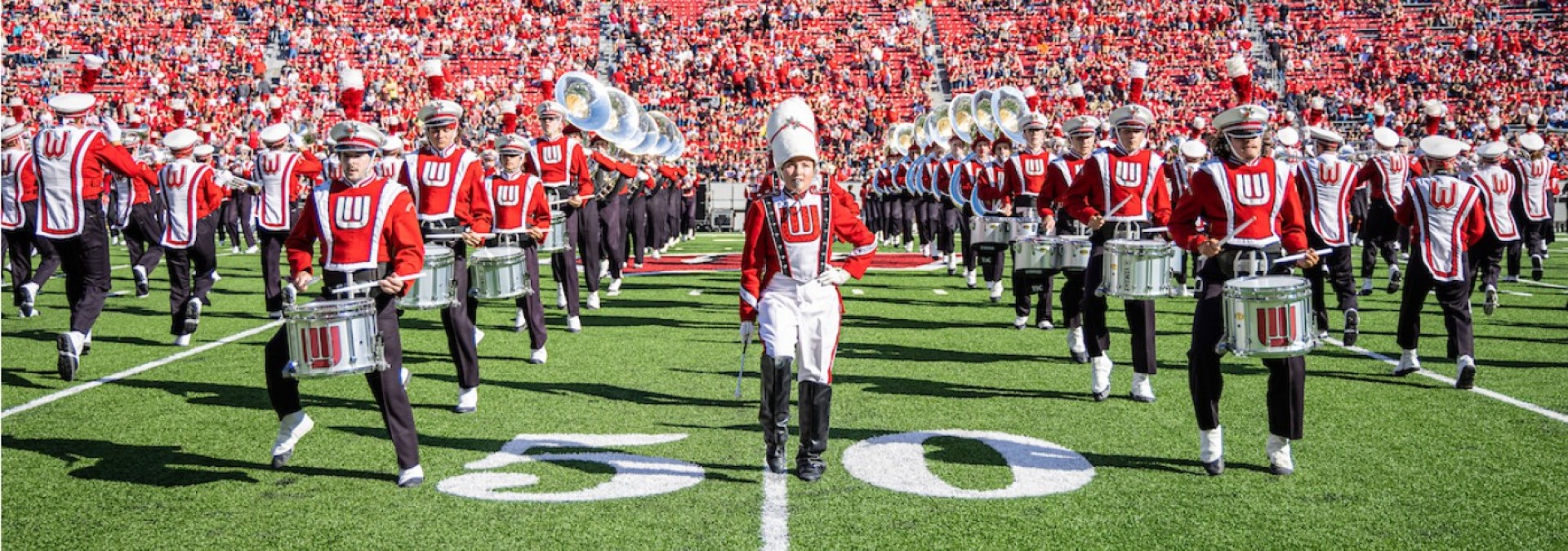For aspiring musicians, the path to a successful career can be as demanding as it is rewarding. From intense auditions to highly selective collegiate admissions, students must demonstrate not just raw talent, but polish, persistence, and preparation. While there are many ways to build these qualities, one tool consistently proves to be a decisive advantage: private music lessons.
Private lessons have long been a cornerstone for serious music students, offering personalized, one-on-one coaching that school ensembles and group classes simply cannot replicate. But beyond improved technique and musical growth, private lessons now carry another, often underestimated benefit — they can make the difference between admission and rejection, and between scholarship offers and missed opportunities.
Private Lessons and College Admissions: A Competitive Edge
According to a survey by the National Association for College Admission Counseling (NACAC), 67% of colleges and universities consider private music lessons an important factor when evaluating applicants for music programs. Why? Because private instruction signals more than skill — it demonstrates discipline, dedication, and a readiness to thrive under the rigors of collegiate music study.
When students audition for college music programs, they’re not just being evaluated on performance alone. Admissions officers are looking for:
- Musical growth and potential.
- Commitment to continuous improvement.
- Ability to perform under pressure.
- Maturity in musicality and interpretation.
Students with private instruction consistently hit these marks — and it shows.
The Data Behind the Advantage
Recent research from a major university school of music tracked students over several admission cycles. The findings are striking:
- Students who had a history of private lessons were 74% more likely to be accepted into music programs.
- These same students earned 25% larger scholarships compared to peers without private instruction.
For example, if a typical scholarship offer was $10,000 per year, students with private lesson backgrounds were offered an average of $12,500 — resulting in an additional $10,000 over the course of a four-year degree.
Why the added investment? According to the Dean of this institution, students who have prior experience with one-on-one instruction are less intimidated by the demands of collegiate studio work. They enter prepared, confident, and ready for the intense mentorship that defines college music education. Importantly, these students are also more likely to persist and graduate — making them a wise investment for the university.
Professional Relationships: A Hidden Network
Another advantage of private lessons lies in the relationships they foster within the professional music community. Studio professors who adjudicate auditions often already know the students’ private teachers — through professional ensembles, union memberships, or academic mentorships.
In many cases, professors reach out to these teachers prior to auditions to seek informal recommendations. A positive endorsement from a trusted colleague can create a strong, favorable impression even before the audition begins. In a field where hundreds of talented applicants may audition for a handful of spots, this professional validation can be a decisive differentiator.
The Local Advantage: Private Teachers as Adjunct Faculty
Private teachers aren't just instructors — many also serve as adjunct faculty at community colleges or universities, teaching freshman classes or music minors. For students planning to attend college locally, studying with a private instructor already embedded in the academic environment provides an incredible strategic advantage:
- Insider knowledge of audition expectations
- Familiarity with departmental culture
- Connections that can ease the transition from high school to collegiate study
This local connection can be especially powerful in securing scholarships and faculty support, ensuring a smoother and more informed start to a college music career.
Conclusion: More Than Lessons — A Long-Term Investment
Private music lessons offer more than just improved playing — they provide a strategic advantage that can define a student’s educational journey. From improving audition performance to securing larger scholarships, and from building professional networks to ensuring college retention, the benefits are tangible and far-reaching.
Because in music, as in life, preparation meets opportunity — and private lessons ensure you’re ready when it does.

.png)
.png) ARTICLE GLOSSARY
ARTICLE GLOSSARY

.png)


.jpg)
.jpg)

.jpg)

.png)




.jpg)
.png)










.jpg)



.jpg)
.jpg)
.jpg)
.jpg)
.jpg)

.png)
.png)

